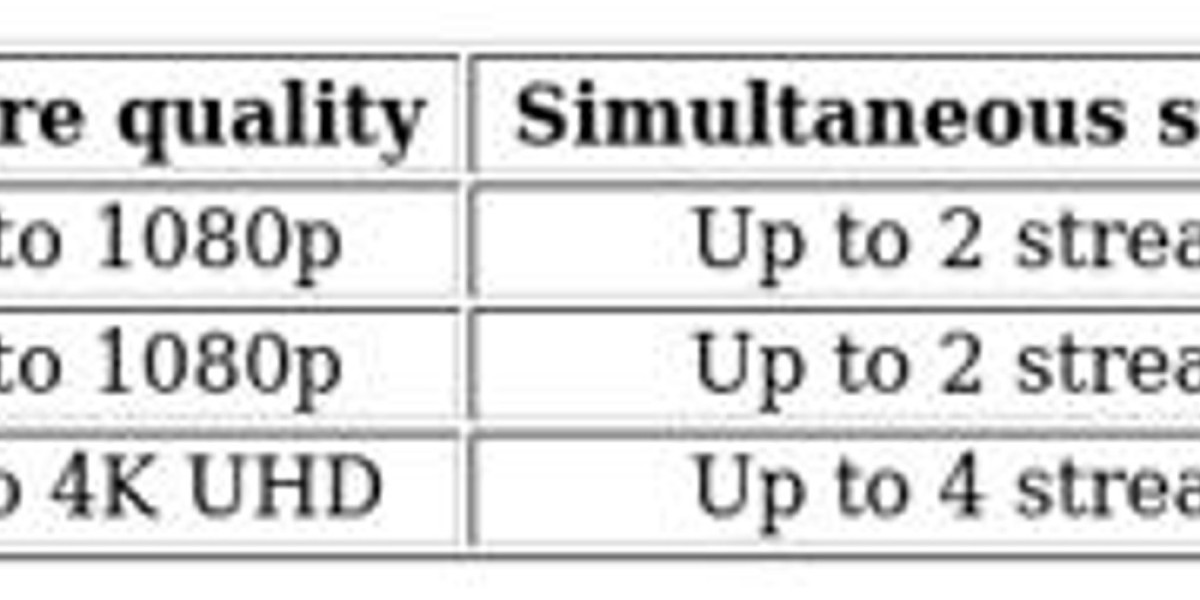Blog Content:
Buying a house is one of the biggest financial decisions you’ll ever make. Whether you're a first-time buyer or looking for a new investment, understanding the real estate buying process can save time, money, and stress. This step-by-step guide breaks down the process in a simple, clear way.
Step 1: Evaluate Your Financial Health
Before diving into the housing market, assess your current financial situation. Review your:
Credit score
Debt-to-income ratio
Savings for down payment and closing costs
Most lenders prefer a credit score above 620, and a stable income for at least 2 years. Use online calculators to estimate how much house you can afford.
Step 2: Get Pre-Approved for a Mortgage
Contact multiple lenders to shop for the best mortgage rates and terms. A pre-approval letter shows sellers you’re serious and financially capable, giving you a competitive edge.
Documents usually needed:
Tax returns
Bank statements
Pay stubs
ID proof
Step 3: Define Your Needs and Priorities
Before starting your home search, determine what’s most important to you:
Location and neighborhood
Property size and layout
Proximity to schools, work, or public transport
Type of home: condo, townhouse, or single-family
Create a checklist to help narrow your choices.
Step 4: Hire a Real Estate Agent
A licensed real estate agent brings market knowledge, negotiation skills, and can save you from potential pitfalls. Choose an agent who understands your local market and communicates effectively.
Step 5: Start House Hunting
With your agent’s help, start visiting properties. Take notes and photos, and compare features. Be patient — it may take time to find the right fit.
Pro Tips:
Visit homes at different times of the day
Check out the neighborhood’s safety and amenities
Don't let emotions rush your decision
Step 6: Make an Offer
Once you find the right home, your agent will help you make a competitive offer based on the market value. This includes:
Offer price
Contingencies (inspection, financing, appraisal)
Closing date
Negotiation may be part of the process before the seller accepts.
Step 7: Schedule a Home Inspection
Hire a certified home inspector to evaluate the property's condition. They’ll check for:
Structural damage
Plumbing and electrical issues
Roof and foundation concerns
If major issues are found, you can negotiate repairs or back out of the deal.
Step 8: Get a Home Appraisal
Your lender will arrange a home appraisal to ensure the property’s value matches the loan amount. If the home appraises lower than expected, renegotiation might be necessary.
Step 9: Finalize the Mortgage
Once everything checks out, you’ll move toward final mortgage approval. Be prepared to provide any additional documents the lender requests.
Step 10: Close the Deal
At closing, you’ll sign all legal documents, pay closing costs, and get the keys to your new home!
Closing Costs May Include:
Loan origination fees
Title insurance
Taxes
Legal fees
Final Thoughts
Buying a home can be a rewarding experience when approached with knowledge and preparation. Use this step-by-step guide to make informed decisions and confidently enter the real estate market.
Important Links
New Condo Developments with Amenities: A Modern Homebuyer’s Dream
Buying Property as a Foreigner in Singapore
Eco‑Friendly Condos in Singapore: A Breath of Fresh Air
Boulevard Coast Jalan Loyang Besar EC






